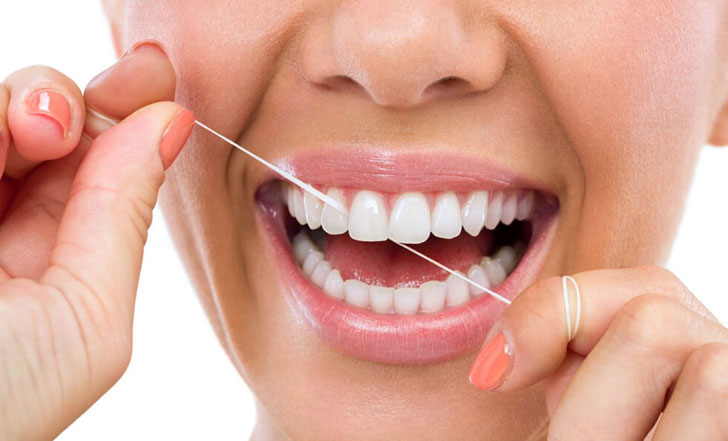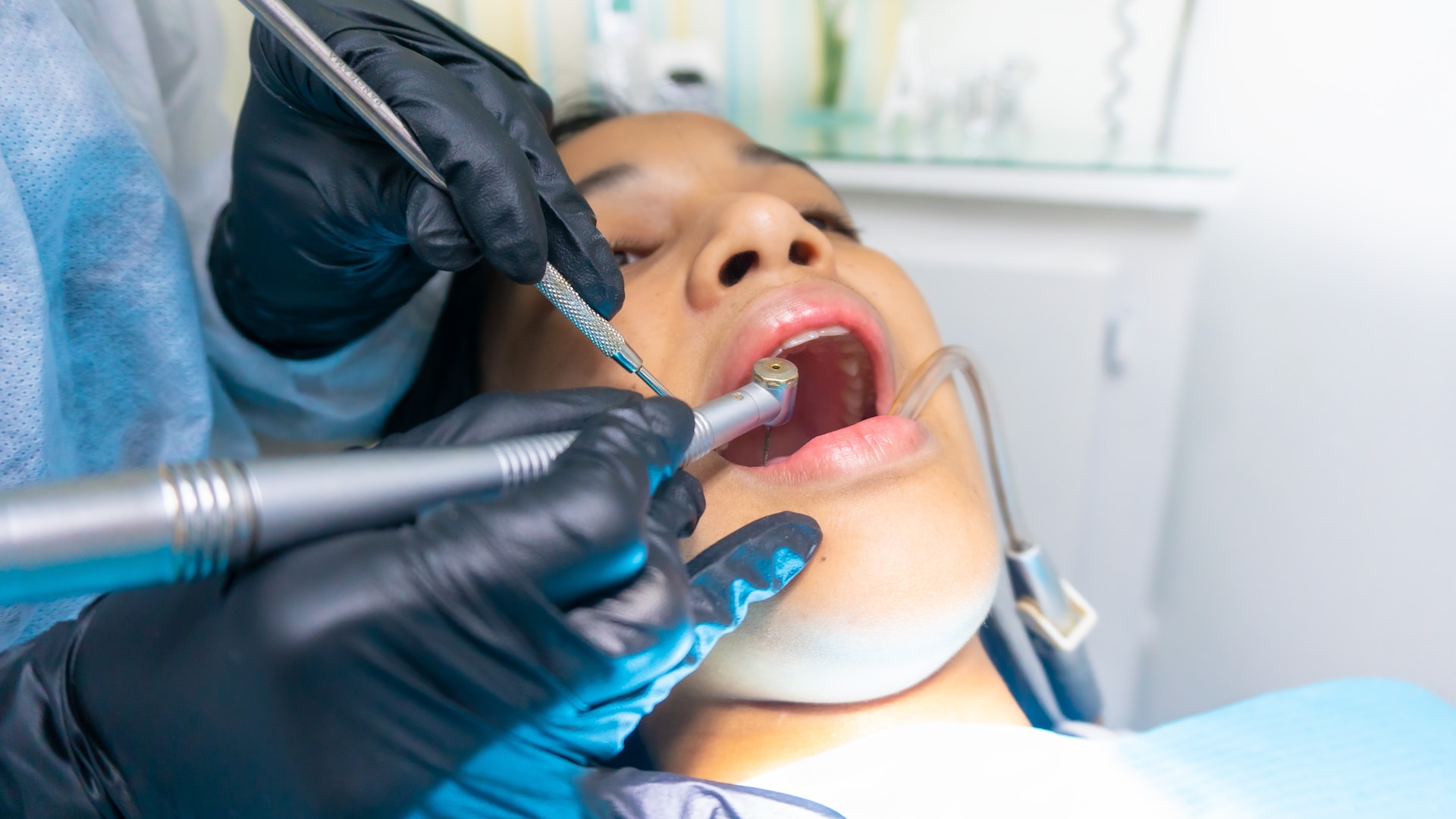Preventive Dentistry: Protecting Your Smile
A healthy smile is one of the first things people notice about you, and maintaining it requires more than just brushing and flossing. Preventive dentistry plays a crucial role in ensuring long-term oral health, reducing the risk of tooth decay, gum disease, and other dental issues. By adopting good preventive habits, you can enjoy a bright, healthy smile for years to come while avoiding costly and painful procedures.
In this article, we will delve into the importance of preventive dentistry, its benefits, and the best practices to incorporate into your daily routine. Let’s explore how you can protect your smile through preventive care and maintain optimal oral health.

What is Preventive Dentistry?
Preventive dentistry refers to the proactive approach to oral health care aimed at preventing dental problems before they arise. This includes regular check-ups, cleanings, and adopting daily habits like brushing and flossing. By focusing on prevention rather than treatment, you can avoid the need for extensive procedures such as fillings, root canals, or even tooth extractions.
The ultimate goal of preventive dentistry is to promote optimal oral hygiene, reduce the risk of disease, and preserve the natural teeth for as long as possible.
The Benefits of Preventive Dentistry
The benefits of preventive dentistry extend far beyond just avoiding cavities. Here are some of the key advantages:
1. Reduces the Risk of Tooth Decay and Cavities
Tooth decay is one of the most common dental issues worldwide, but with proper preventive care, it can be largely avoided. Regular check-ups and dental cleanings help remove plaque and tartar buildup, reducing the risk of cavities. Fluoride treatments and dental sealants can also provide added protection to teeth, especially for children and those prone to decay.
2. Prevents Gum Disease
Gum disease, or periodontal disease, is a leading cause of tooth loss in adults. Regular brushing, flossing, and professional cleanings help prevent gingivitis, the early stage of gum disease. If left untreated, gingivitis can progress to more severe stages, leading to gum recession and bone loss. By visiting your dentist regularly, you can prevent gum disease from causing serious damage to your smile.
3. Saves Time and Money
Preventing dental problems is far more cost-effective than treating them. Routine dental visits and preventive treatments, like cleanings and exams, are much less expensive compared to treatments for advanced dental issues, which may require fillings, crowns, or even surgical interventions.
4. Enhances Overall Health
Your oral health is closely linked to your overall health. Research has shown that poor oral hygiene can contribute to a variety of systemic health issues, such as heart disease, diabetes, and respiratory infections. Preventive dentistry helps maintain both oral and general health, reducing the risk of such complications.
5. Keeps Your Smile Bright
A regular preventive care routine helps keep your teeth clean, white, and free from plaque and stains. Professional cleanings remove stubborn tartar and surface stains that regular brushing can’t handle. This ensures your smile stays fresh and bright.

Key Preventive Dentistry Practices
1. Brushing and Flossing
At the foundation of preventive care is proper brushing and flossing. These daily habits help remove plaque and food particles that can contribute to cavities and gum disease.
- Brushing: Brush your teeth twice a day with fluoride toothpaste. Use a soft-bristled toothbrush and gentle, circular motions to clean all surfaces of your teeth. Don’t forget to brush your tongue, as bacteria can build up there as well.
- Flossing: Flossing once a day is essential for removing plaque and food from between your teeth, areas your toothbrush cannot reach. Proper flossing can help prevent gum disease and cavities in hard-to-reach spots.
2. Regular Dental Check-Ups
Routine dental visits are essential for maintaining optimal oral health. Your dentist will:
- Examine your teeth and gums for signs of decay or disease.
- Perform a professional cleaning to remove plaque and tartar.
- Take x-rays to detect any underlying issues, such as cavities or bone loss.
- Apply fluoride to strengthen your enamel and reduce decay risk.
Even if you’re not experiencing any pain or discomfort, regular visits are crucial for early detection and prevention.
3. Dental Sealants
Dental sealants are a thin plastic coating applied to the chewing surfaces of your back teeth, where cavities are most likely to form. These sealants act as a barrier, protecting teeth from plaque and bacteria. Sealants are especially useful for children and those with deep grooves in their teeth.
4. Fluoride Treatments
Fluoride is a mineral that strengthens tooth enamel, making it more resistant to decay. Many toothpastes contain fluoride, but your dentist may also apply fluoride treatments during your check-ups for an extra layer of protection. Fluoride is particularly beneficial for children whose teeth are still developing.
5. Mouthguards
For patients who grind their teeth at night or participate in contact sports, wearing a mouthguard can prevent serious damage to teeth. A custom-made mouthguard provides protection against chipped teeth, tooth loss, and jaw injuries.
6. Healthy Diet and Lifestyle
A balanced diet plays a crucial role in maintaining healthy teeth and gums. Foods rich in calcium, vitamin D, and phosphorus help strengthen your teeth, while sugary snacks and drinks increase the risk of cavities. Drinking plenty of water also helps wash away food particles and bacteria.
Avoiding tobacco products is another important preventive measure, as smoking is a significant risk factor for gum disease, tooth loss, and oral cancer.
7. Quit Smoking
Smoking is not only detrimental to your general health, but it can also significantly affect your oral health. It increases the risk of gum disease, tooth decay, and oral cancer. Quitting smoking can improve your oral hygiene, enhance your breath, and reduce your risk of serious dental problems.
FAQs: Preventive Dentistry
Q1: How often should I visit the dentist for a check-up?
A1: It is recommended to visit your dentist every 6 months for a routine check-up and cleaning. However, if you have specific oral health concerns, such as gum disease, your dentist may recommend more frequent visits.
Q2: What is the best toothbrush for preventive care?
A2: A soft-bristled toothbrush is best for preventing gum recession and enamel erosion. Electric toothbrushes can also be more effective at removing plaque and are easy to use for those with limited dexterity.
Q3: Can preventive dentistry save me money in the long run?
A3: Yes! Preventive dentistry is much more affordable than restorative treatments like fillings, root canals, or crowns. By taking care of your teeth and gums early on, you can avoid the need for expensive dental procedures later.
Q4: What is the role of fluoride in preventive dentistry?
A4: Fluoride strengthens tooth enamel, making it more resistant to decay. It can be found in many toothpastes, and your dentist may apply fluoride treatments for added protection, particularly for children and those at higher risk of cavities.
Q5: Are dental sealants only for children?
A5: While dental sealants are especially beneficial for children, adults can also benefit from them. Sealants help protect the back teeth, which are prone to cavities, and they are an excellent option for people with deep grooves in their teeth.
Conclusion
Preventive dentistry is the cornerstone of maintaining oral health and protecting your smile. By practicing daily habits like brushing and flossing, visiting your dentist regularly, and adopting preventive treatments like fluoride applications and sealants, you can ensure a lifetime of healthy, beautiful teeth.
Remember, prevention is always better than cure. By investing time and effort into your oral hygiene routine and seeing your dentist regularly, you’ll avoid costly, painful dental procedures and enjoy a radiant smile for many years to come.


